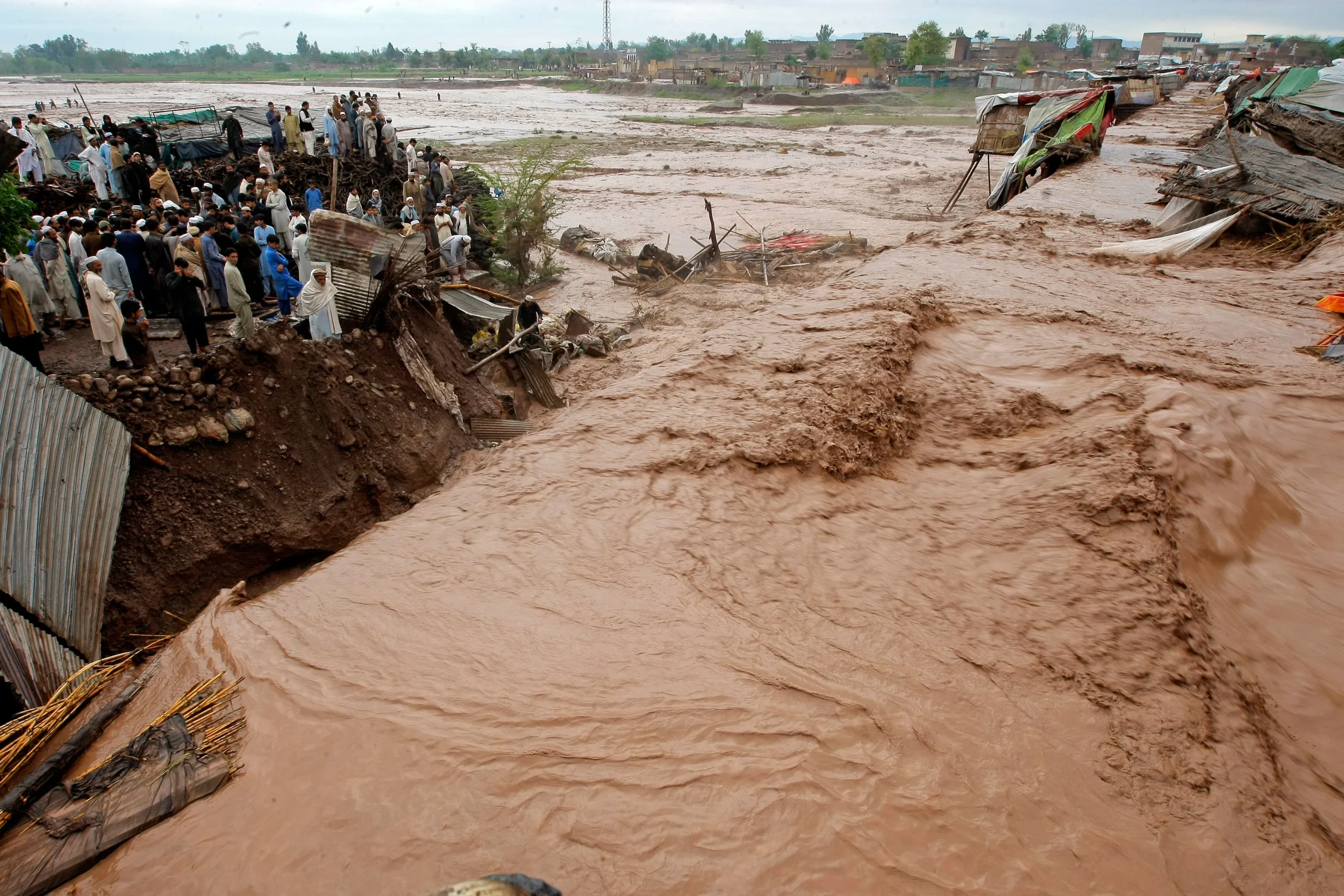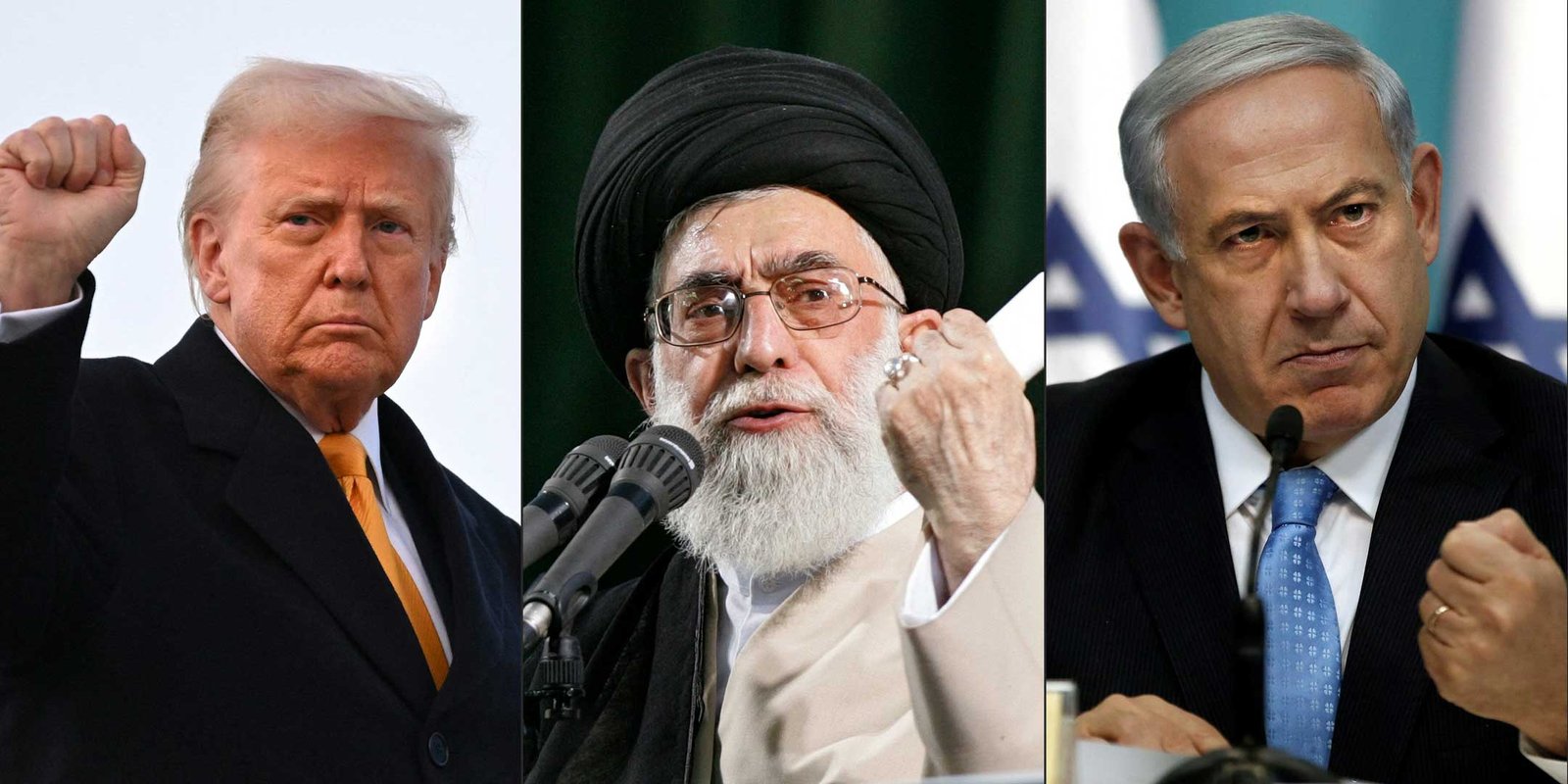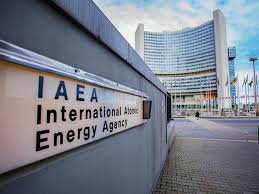Shehbaz Sharif’s upcoming five-day visit to China holds immense significance as he is set to engage with the top leadership of Beijing. The visit, which includes stops in Beijing, Xi’an, and Shenzhen, the latter being a testament to China’s economic growth, underscores Pakistan’s commitment to revitalizing its economy and strengthening its alliance with China, the world’s second-largest economy.
The China-Pakistan Economic Corridor (CPEC), a multibillion-dollar project launched in 2015, is at the core of Pakistan’s economic ambitions. While it has been hailed as a potential ‘game-changer’ for Pakistan’s economy, the CPEC’s future remains uncertain, raising questions about its long-term viability.
The CPEC is a significant component of China’s Belt and Road Initiative (BRI), a vast network of infrastructure projects spanning nearly 100 countries. While proponents see the BRI as a means to boost global connectivity and trade, critics argue that it primarily serves China’s geopolitical interests and burdens countries like Pakistan with debt.
Despite initial successes, the China-Pakistan Economic Corridor (CPEC) has encountered a series of challenges in Pakistan, including political, economic, and security crises. The newly-elected Pakistani government is now actively working to reinvigorate the project, with the aim of tackling the country’s economic struggles, high levels of poverty, and inflation.
The CPEC has delivered infrastructure and energy projects but has yet to translate these developments into substantial economic growth for Pakistan. While the project was expected to create millions of jobs and spur economic productivity, progress has been slower than anticipated.
Moreover, Pakistan’s mounting debt, including significant obligations to China, has strained its economy and led to a cash crisis. The country is seeking support from allies and international financial institutions, including ongoing negotiations with the International Monetary Fund for a bailout package.
However, China also has concerns about the security situation in Pakistan, particularly following attacks on Chinese nationals working on CPEC projects. The incidents have raised questions about the mutual trust between the two countries and the viability of future Chinese investments in Pakistan.
Furthermore, governance issues have been cited as a challenge for Chinese companies operating in Pakistan, hindering the smooth implementation of CPEC projects. The creation of a Special Investment Facilitation Council aims to address these concerns and improve the execution of economic policies related to the CPEC.
As Pakistan and China navigate these challenges, the future of the CPEC and the broader economic partnership between the two countries remains critical for both nations. However, Pakistan needs political stability and a popular government backed by the people. A strong, representative, and democratic government can only ensure Pakistan’s progression.

















